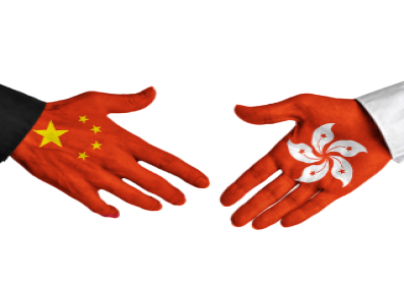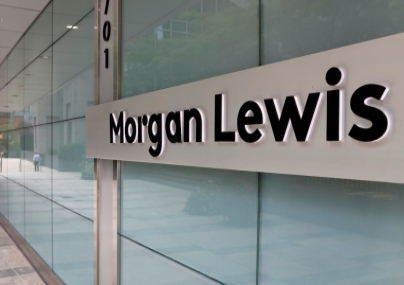China will open up its market for clearing domestic bank card transactions, the cabinet said on Wednesday, in a move that could benefit companies such as Visa Inc and Mastercard, in a booming market worth more than $1 trillion a year.
Access for foreign firms to China's fast-growing electronic payments market is a controversial issue.
China promised to reform and free its electronic payments market after the World Trade Organisation (WTO) said in 2012 that its behaviour discriminated against U.S. firms.
Wednesday's announcement by the State Council followed a weekly meeting. Foreign firms that meet its criteria could set up their own clearing companies, it added, but gave no further details.
It was not immediately clear if the move would allow foreign firms to process credit and debit card payments made in yuan in China.
Visa, the world's largest credit and debit card company, welcomed the move.
"We look forward to seeing the specific details and working with people within China to figure out what we need to do to participate in that marketplace, where we believe we can add a lot of value," Chief Executive Charlie Scharf said on a conference call, following the release of its fourth-quarter earnings.
In July 2012, the world trade body held that China had discriminated against U.S. bank card suppliers in its electronic payments market by favouring state behemoth China UnionPay, following a complaint to the WTO by the United States.
The trade watchdog found that UnionPay had an illegal monopoly on yuan payment cards issued and used in China, but rejected the U.S. claim that UnionPay was an "across-the-board monopoly supplier" of all yuan transactions.
As the world's largest card brand with 3.53 billion cards in circulation since its founding in 2002, UnionPay's rise came at a time of explosive growth in China's interbank card market.
Total bank card transactions leapt 37 percent to 21.8 trillion yuan ($3.6 trillion) in China in 2012, from 2011.
China requires all foreign card companies to piggyback on UnionPay's network when accepting yuan payments.
This means firms such as Visa and Mastercard must give a cut of every credit or debit card transaction to UnionPay and the card issuing bank. In most other countries, the foreign card issuers pay only the bank because they use their own network.
Wednesday's promise to free a business sector is the latest step taken by China this year to free up the world's second-largest economy, albeit in vague terms.
The Chinese cabinet last month also said it was freeing up the domestic courier market, potentially opening the way to competition by firms such as FedEx Corp and United Parcel Services.
But that announcement, like Wednesday's, also gave no details, and it was unclear which curbs would be eased.


